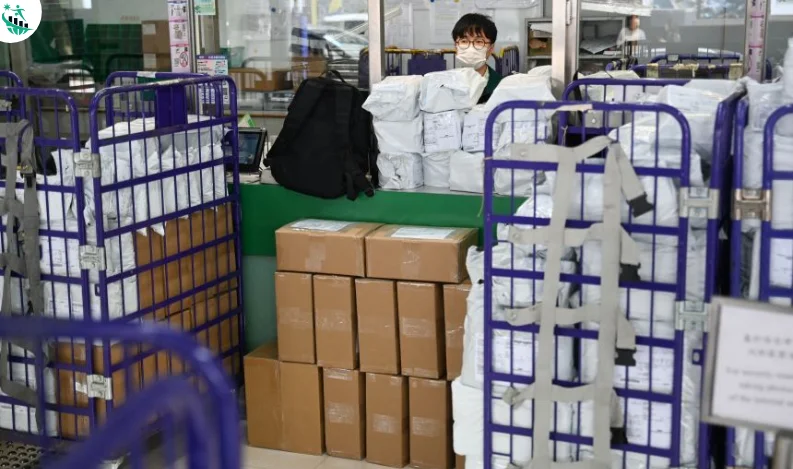
U.S. Ends ‘De Minimis’ Exemption, Retailers Face Higher Costs
The United States has officially ended the long-standing “de minimis” exemption, which allowed shipments under $800 to enter duty-free. The change, announced through an executive order by President Donald Trump, comes nearly two years ahead of schedule.
The move is expected to increase costs for retailers and consumers, while disrupting global supply chains. Small sellers on platforms like Etsy, eBay and Shopify relied heavily on the exemption to ship low-value goods into the U.S. without tariffs.
Large companies are also exposed. Tapestry, the parent of Coach and Kate Spade, warned the change will cut profits by about $160 million this year. Lululemon faces similar pressure, with analysts predicting earnings could fall by up to $1.10 per share.
Industry experts say the sudden shift will make products more expensive and could reduce consumer choice. “It’s a big change for operating models, not just for Shein and Temu, but for retailers with both online and physical stores,” said Lynlee Brown of EY.
According to a National Bureau of Economic Research study, U.S. households could pay $10.9 billion more annually, with low-income consumers most affected.
While the decision has triggered panic among small businesses and online sellers, major retailers such as Amazon and Walmart are expected to benefit, as their U.S. fulfillment networks can absorb the change more easily.



Recent Comments:
No comments yet.